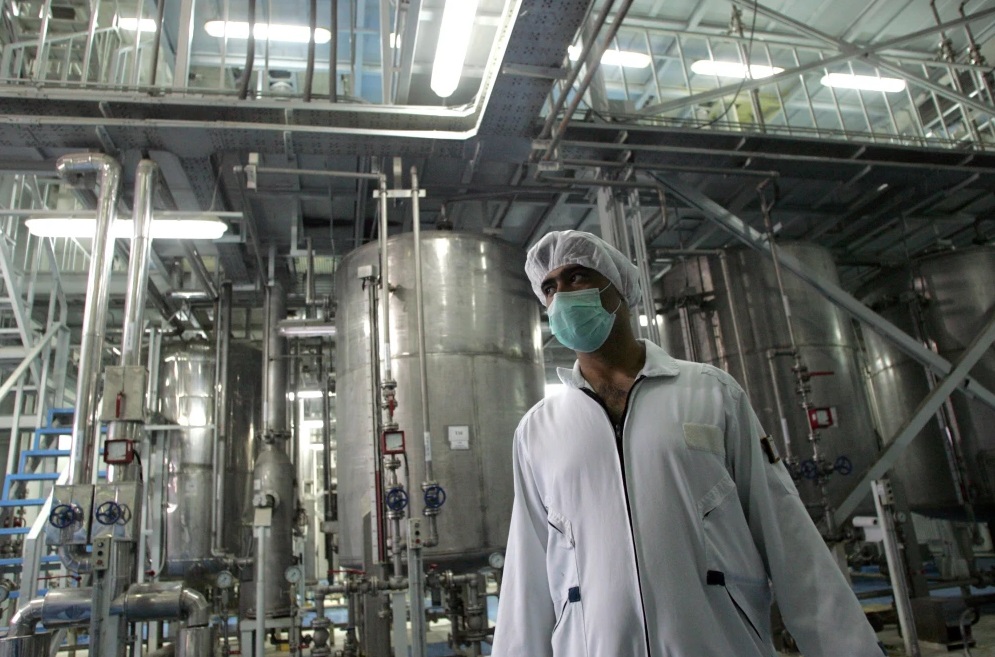ARTICLE AD BOX
FRANTIC rescuers have been digging by hand to find the two tourists buried in the glacier after the ceiling horrifically collapsed – killing one person and injuring several others.
The desperate search was suspended overnight when conditions turned dangerous but resumed this morning, local media reports.
 Reuters
Reuters AP
AP Getty
GettyLocal police chief Sveinn Rnar Kristjnsson explained how emergency services are desperately working to get the tourists out.
He told RUV: “We have three teams that take turns, working for an hour at a time scooping and breaking down ice.
“Meanwhile, of course, were still in this investigative work, figuring out who might be down there under the ice.
“This work continues.”
Rescuers say they have a good idea of where the missing people may be – but no contact has been made with them.
Intense footage shows rescuers working inside two large craters surrounded by the sand-blackened ice of the glacier.
The horror incident took place in Breiðamerkurjökull glacier – one of the top tourist places in the country.
A group of 25 people were on an organised tour of the glacier together with a guide when a wall of ice came crashing inside the cave.
Most of them were outside the place when the accident happened.
Four people got stuck under the ice, out of which two people are still missing.
One other person was found injured but has since been flown out to a hospital by an air ambulance.
It is understood he is in stable condition.
An extensive rescue operation is underway to pull out the remaining two tourists.
Three helicopters from the Coast Guard and Danish Navy were called out at the site along with all rescue services.
However, authorities said the conditions on the glacier are “extremely difficult”.
They have been struggling to get up special equipment to remove ice.
Due to the adverse climate conditions, the search operation was called off last night and resumed again this morning.
Authorities said in a statement: “A large number of rescuers and responders have been involved in the operation.
“The conditions for the search are difficult and it is now dark. It is not considered defensible due to the danger of the scene to continue the search at night.
“The search has therefore been postponed and will be resumed in the morning.”
The Association of Icelandic Mountain Guides called for a full investigation and tighter regulations on ice cave tours on Sunday.
They said how glacier trips during the warmer summer months can be very dangerous.
Moving rescue equipment and personnel up to the glacier was difficult due to the rugged terrain, with rescuers even having to slice through the ice using chainsaws.
The glacier is about 300 kilometers (185 miles) from a volcano that terrifyingly erupted Friday on the Reykjanes Peninsula in southwestern Iceland.
Ice caves are a popular destination for visitors to Iceland, with tours offering the chance to explore the incredible insides of glaciers.
Glaciers cover about 11% of Iceland and the largest is Vatnajokull, which covers 7,900 square kilometres (3,050 square miles).
 AP
AP Alfredo Maiquez Photography
Alfredo Maiquez Photography.png)
 2 months ago
4
2 months ago
4








 English (US)
English (US)